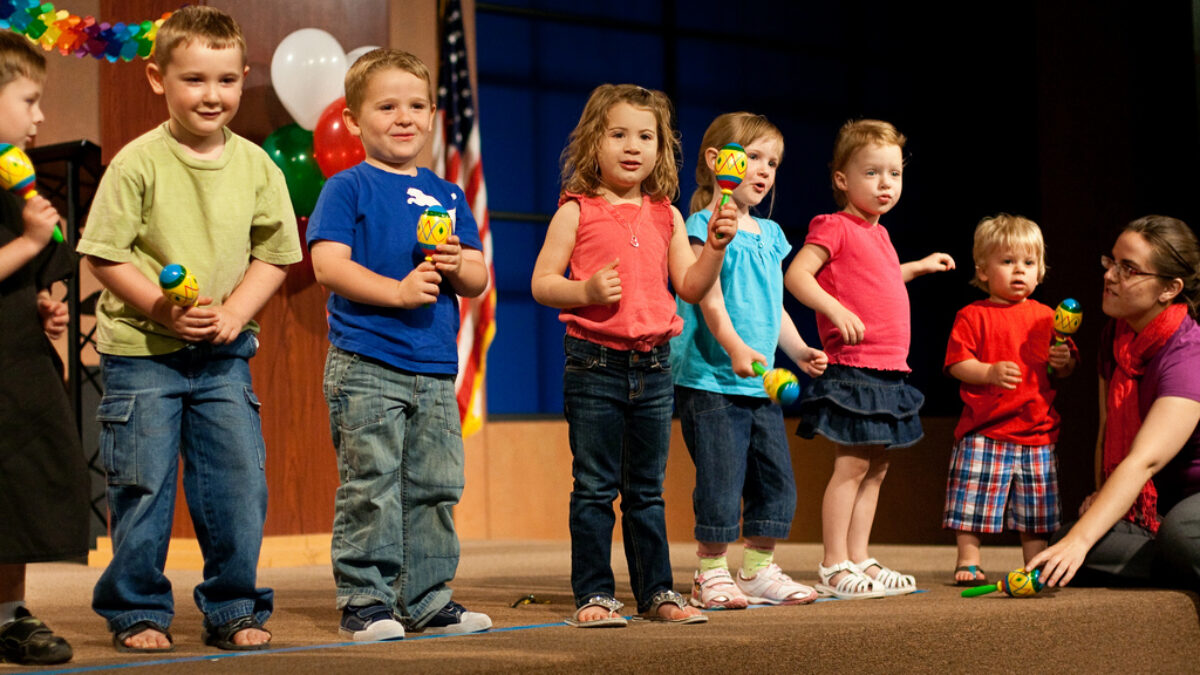
Earlier this summer, Washington D.C. enacted regulation that forces all daycare personnel to have a college degree. Under the new law, daycare directors must earn bachelors degrees, and daycare teachers must earn associates degrees.
D.C. officials say this will improve the quality of care for low-income children. Better educated teachers will supposedly propel children who lack the resources of their wealthy peers to do better in school later on.
These new restrictions are suffocating small daycares whose staff can’t afford to pursue a degree. Daycares that have served the D.C. area for decades are shutting their doors as a result of these new regulations.
As Ilya Shapiro noted in his story about Virginia mandating 30 hours of training for preschool volunteers, these new laws are “regulatory solutions in search of a problem.” However well-intentioned they may be, rules mandating degrees are harming small businesses and worsening the problem they’re trying to improve.
Teachers don’t need a four-year-degree to change diapers and tie shoes. I first worked at a daycare the summer after I graduated high school. If education level translated to child care prowess, I would have matched or exceeded the skills of many of the women with whom I worked. That certainly wasn’t the case. They outranked me in every area.
My coworker could change three children in the time it took me to change one. My other coworker could make even the rowdiest child take a nap. Another could capture the toddlers’ attention with her songs and stories while I struggled to keep them occupied with candy.
This shouldn’t shock anyone. My coworkers had worked with children for upwards of two decades and had raised some of their own. No amount of schooling could give me the knowledge they had.
My time at college has not helped me be a better daycare teacher, either. In fact, I’m probably a worse one as a result. Granted, my degree isn’t in early childhood education. However, I would expect similar results for those pursuing that same degree. Pursuing a diploma instead of actually working in a daycare will make for a worse care giver.
At the end of that summer, I was much better with kids. Were I to go back to the daycare, more than a year after my time there, however, most of my skills would not return with me. Why? The answer is so obvious that it seems dumb to say. There are no little kids at college. All of my interactions have been with 20-something college students and 40-plus-year-old professors. The vast majority of campuses mimic my own college’s age ranges.
Although conservative pundits like to joke otherwise, neither of these demographics act like infants or toddlers. No one needs his shoes tied or hand held. I’ve forgotten how to reason with, discipline, and engage little children well. These are all skills that come with practice, none of which are available on a college campus.
Additionally, babies and toddlers often refuse to fit the models and theories that education classes try to codify. Teachers might forgo their practical knowledge for these abstract theories, much to their detriment. This regulation already sends the message that daycares’ current operating procedures are lackluster at best and faulty at worst. It wouldn’t be a far step for them to throw the baby out with the imaginary bathwater. (Pun intended.)
Sending these daycare teachers back to school deprives them of their most valuable skill set: experience. These caretakers will go to college, carrying books rather than babies, and come back as worse teachers as a result.
This isn’t a dig at daycare workers or at a liberal arts education, both of which I hold in very high esteem. But just because both are good things doesn’t mean that one requires the other. The education that a daycare teacher needs is on the job training. Learning to change a diaper correctly or divide snacks evenly are not tasks that require a degree.
The tasks that go beyond the minutia of daycare work stretch beyond what a classroom can teach as well. My coworkers took on responsibilities that no professor could lecture on. They helped children in the foster care system mature emotionally who hadn’t been able to express themselves because of abuse. They told parents (often as the first ones to do so) that their child had a mental disability. They showered love on toddlers whose parents acted like they were a burden to be tolerated.
This regulation imposes an unnecessary burden on local daycares that will ultimately worsen the quality of their care. Creating good daycares that benefit low-income families will result from teachers who have worked with children for years.
Mildred King Chapman is a former daycare director who was protesting outside of the D.C.’s mayor’s office, according to the Washington Post. When asked what daycare teachers did, she replied, “Changing diapers and showing them love, unconditional love. Giving them a bottle, giving them food. You don’t need an associates degree to do any of that.”
The regulation has now been in place for a little over a month. When it was reported, Chapman promised to protest the decision until the mayor would meet with her and other daycare directors. I hope the mayor will meet with these women. They know something the mayor doesn’t, and they learned it from experience.









